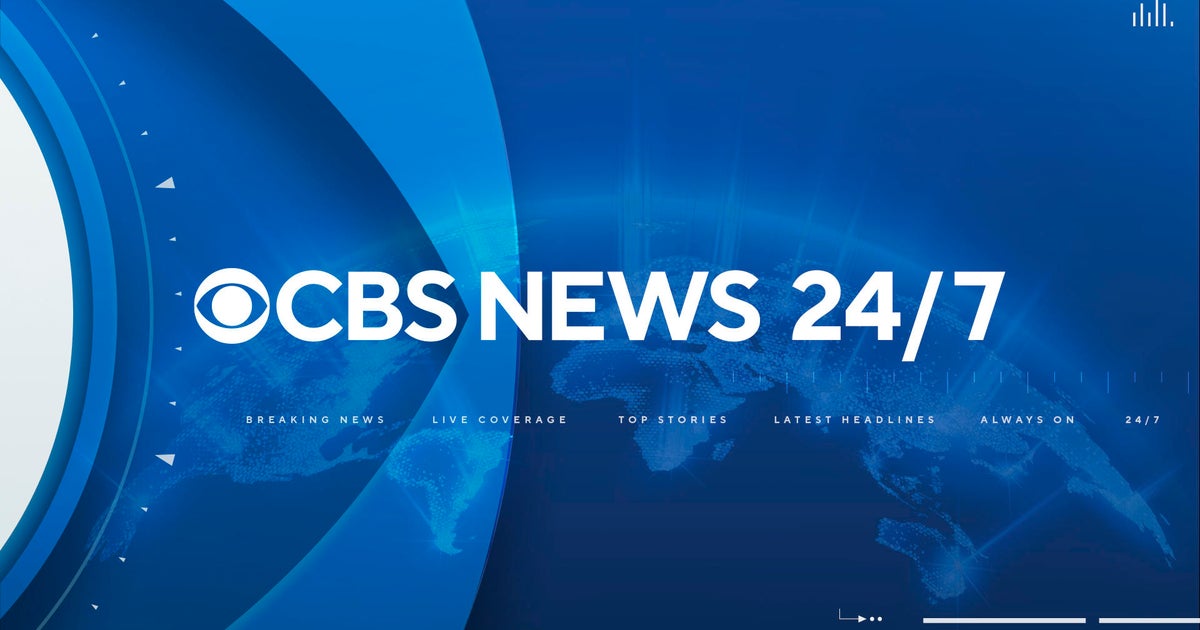Exclusive News Insights: What's Making Waves Today?
Exclusive News Insights: What's Making Waves Today?
Blog Article
Navigating the News Landscape: Tips for Finding Credible Information
In an age where details is plentiful yet often unstable, navigating the information landscape with discernment is vital. Establishing the reputation of resources is the first action, as understanding the credentials of authors and the online reputation of their publications can dramatically affect the top quality of info eaten.
Assessing Source Reputation
Evaluating resource credibility is necessary for ensuring the dependability of information in an age marked by details overload. As individuals navigate different forms of media, from digital write-ups to social networks, critical reputable sources comes to be paramount. Secret variables to consider when evaluating resource credibility include the authority of the author, the magazine's reputation, and the evidence offered to sustain cases.
First, examine the author's certifications and expertise in the subject. Authors with appropriate scholastic or specialist backgrounds are extra likely to provide reliable insights. Next off, take into consideration the publication's credibility; established media electrical outlets commonly comply with journalistic standards and fact-checking protocols, making them much more credible.
Furthermore, examine the high quality and significance of the evidence provided. Legitimate resources usually point out peer-reviewed researches, specialist meetings, or official stats, which reinforces their claims.
Cross-Checking Information
Cross-checking information is a vital technique for confirming the accuracy of cases and preventing the mistakes of misinformation. This procedure includes contrasting info from multiple reputable resources to identify its validity. When running into a newspaper article or insurance claim, one ought to look for out extra coverage on the exact same subject from different outlets. This aids to determine discrepancies and verify facts.
To effectively cross-check info, it is important to use varied sources, including developed news organizations, scholastic journals, and specialist opinions. Each resource might provide a special viewpoint or additional context that improves understanding. In addition, focus on the publication days of the details being evaluated, as updates or modifications might have been issued.
In addition, consider the context in which information exists. Try to find corroborating evidence, such as data, interviews, or firsthand accounts, that provide reputation to a claim. Be cautious of mind-blowing headings or psychologically billed language, as these can show an effort to manipulate perception.
Acknowledging Predisposition and Point Of View
Comprehending predisposition and point of view is vital for browsing the facility landscape of details. Every item of information is infiltrated the lens of the author's experiences, beliefs, and affiliations, which can considerably shape the narrative presented. As consumers of details, it is vital to recognize these prejudices, as they can bring about altered understandings of truth.

It is also vital to acknowledge your own biases. Individual beliefs can affect exactly how you interpret info, making it vital to approach information with a vital frame of mind. Involving with diverse viewpoints can help neutralize personal prejudices, allowing for an extra rounded understanding of problems.
Ultimately, acknowledging special info bias and point of view in information reporting is not simply an academic exercise; it is an essential skill for notified citizenship in an autonomous society. By growing this awareness, individuals can make even more enlightened decisions and add to an extra nuanced public discourse.
Comprehending Fact-Checking Resources
Fact-checking sources play a critical function in critical the accuracy of info in an age noted by misinformation and sensationalism. These resources, that include independent companies and online platforms, are devoted to validating claims made by somebodies, media electrical outlets, and social media sites posts. They utilize extensive techniques to assess the credibility of statements, usually pointing out original sources and offering context to assist in understanding.
Some popular fact-checking companies, such as Snopes, FactCheck.org, and PolitiFact, concentrate on various topics, from political rhetoric to viral internet claims. Their work not only exposes false info however likewise highlights the relevance of evidence-based why not try this out discussion. By getting in touch with these sources, people can create an extra critical strategy to the details they run into.
Moreover, many fact-checking systems supply straightforward user interfaces that permit fast searches by subject or insurance claim, making it simpler for users to find relevant information without delay. Involving with fact-checking sources cultivates important thinking and gears up users with the devices essential to browse the complicated news landscape effectively, inevitably advertising a much more informed public discussion.

Using Trusted Information Aggregators
In today's hectic info landscape, trusted news aggregators serve as important tools for individuals looking for trusted information resources. These platforms compile news write-ups from numerous trustworthy electrical outlets, providing customers with a combined sight of current events. By curating web content from developed media companies, aggregators aid customers stay clear of the challenges of misinformation and sensationalism typically prevalent in much less legitimate sources.
When utilizing information aggregators, it is crucial to pick ones that prioritize quality over amount. Search for systems that utilize rigorous content requirements, ensuring that the information presented is exact and credible. Popular collectors like Google News, Feedly, and Flipboard permit individuals to customize their information feeds based on subjects of interest, allowing a tailored experience that can improve knowledge and understanding.
Additionally, collectors commonly consist of features such as fact-checking combinations and user scores, further helping customers in discerning qualified information - news. While news aggregators are beneficial, individuals need to remain alert and cross-reference details with key sources when needed. By leveraging relied on information aggregators efficiently, people can browse the complex media landscape while staying notified with legitimate and varied perspectives
Final Thought
In verdict, browsing the information landscape demands a systematic approach to ensure the intake of credible details. Furthermore, using fact-checking resources and relied on information aggregators enhances the capacity to determine accurate coverage from false information.
Report this page